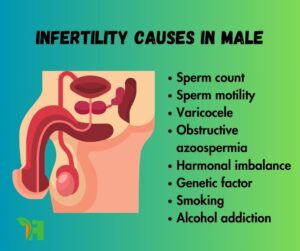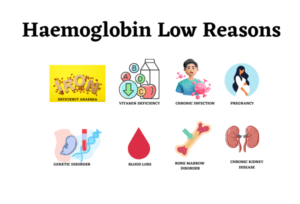Type 2 diabetes is a prevalent and serious medical condition that affects millions of people worldwide. This chronic disorder can have significant impacts on one’s quality of life, but with proper understanding and management, individuals can lead fulfilling lives. In this article, we will delve into the intricacies of type 2 diabetes, from its causes and symptoms to effective management strategies.
What Is Type 2 Diabetes?
Type 2 diabetes, also known as adult-onset diabetes, is a metabolic disorder characterized by high blood sugar levels. Unlike type 1 diabetes, which is an autoimmune condition, type 2 diabetes typically develops in adulthood and is often associated with lifestyle factors. In this condition, the body becomes resistant to insulin, a hormone that regulates blood sugar. Consequently, blood sugar levels rise, leading to various health complications.
Causes and Risk Factors
Several factors contribute to the development of this type of diabetes, including:
Genetic Predisposition
Some individuals may have a genetic predisposition to it, making them more susceptible to the condition.
Obesity
Excess body weight, especially around the abdomen, increases the risk of this type of diabetes. Obesity can lead to insulin resistance.
Sedentary Lifestyle
Physical inactivity can contribute to insulin resistance and weight gain, both risk factors for diabetes.
Recognizing the Symptoms
his type of diabetes often presents with subtle symptoms that can be easily overlooked. Common signs include:
Increased Thirst and Urination
Frequent thirst and urination are early signs of elevated blood sugar levels.
Fatigue
Feeling tired, even after adequate rest, can be a symptom of uncontrolled diabetes.
Blurred Vision
High blood sugar can affect the eyes, causing blurred vision.
Diagnosis and Screening
Diagnosing type 2 diabetes involves blood tests to measure fasting blood sugar levels and hemoglobin A1c levels. Regular screenings are essential for early detection, as early intervention can prevent complications.
Lifestyle Changes for Management
Managing type 2 diabetes often begins with lifestyle modifications:
Importance of a Healthy Diet
A balanced diet of fruits, vegetables, whole grains, and lean proteins can help control blood sugar levels.
Regular Physical Activity
Exercise improves insulin sensitivity and aids in weight management.
Stress Management
Stress can affect blood sugar levels, so stress-reduction techniques like meditation and mindfulness are beneficial.
Medications
In some cases, lifestyle changes may not be sufficient, and medications may be prescribed. These medications work in various ways to lower blood sugar levels.
Monitoring Blood Sugar Levels
Regular monitoring of blood sugar levels is crucial for people with this type of diabetes. It helps in adjusting medications and lifestyle choices accordingly.
Potential Complications
Uncontrolled diabetes can lead to severe complications, including heart disease, kidney problems, and nerve damage.
Support and Education
Living with this type of diabetes requires ongoing support and education. Support groups and healthcare providers can offer valuable guidance.
Summary
This type of diabetes is a chronic condition that requires careful management. By making necessary lifestyle changes, taking prescribed medications, and monitoring blood sugar levels, individuals with it can lead healthy and fulfilling lives.
FAQs
Can type 2 diabetes be cured?
It cannot be cured, but it can be effectively managed with the right lifestyle changes and medications.
What is the role of insulin in type 2 diabetes?
In this type, the body becomes resistant to insulin, leading to elevated blood sugar levels.
How often should I check my blood sugar levels?
The frequency of blood sugar checks varies depending on individual circumstances. Your healthcare provider will guide you on this.
Are there any dietary restrictions for people with type 2 diabetes?
While there are no strict dietary restrictions, it is essential to limit the intake of sugary and high-carbohydrate foods.
In this article, we’ve explored the fundamentals of type 2 diabetes, from its causes and symptoms to effective management strategies. It is crucial for individuals with this condition to prioritize their health through lifestyle changes, regular monitoring, and seeking support when needed. By doing so, they can effectively manage their diabetes and lead fulfilling lives.
More To Read






Follow us







